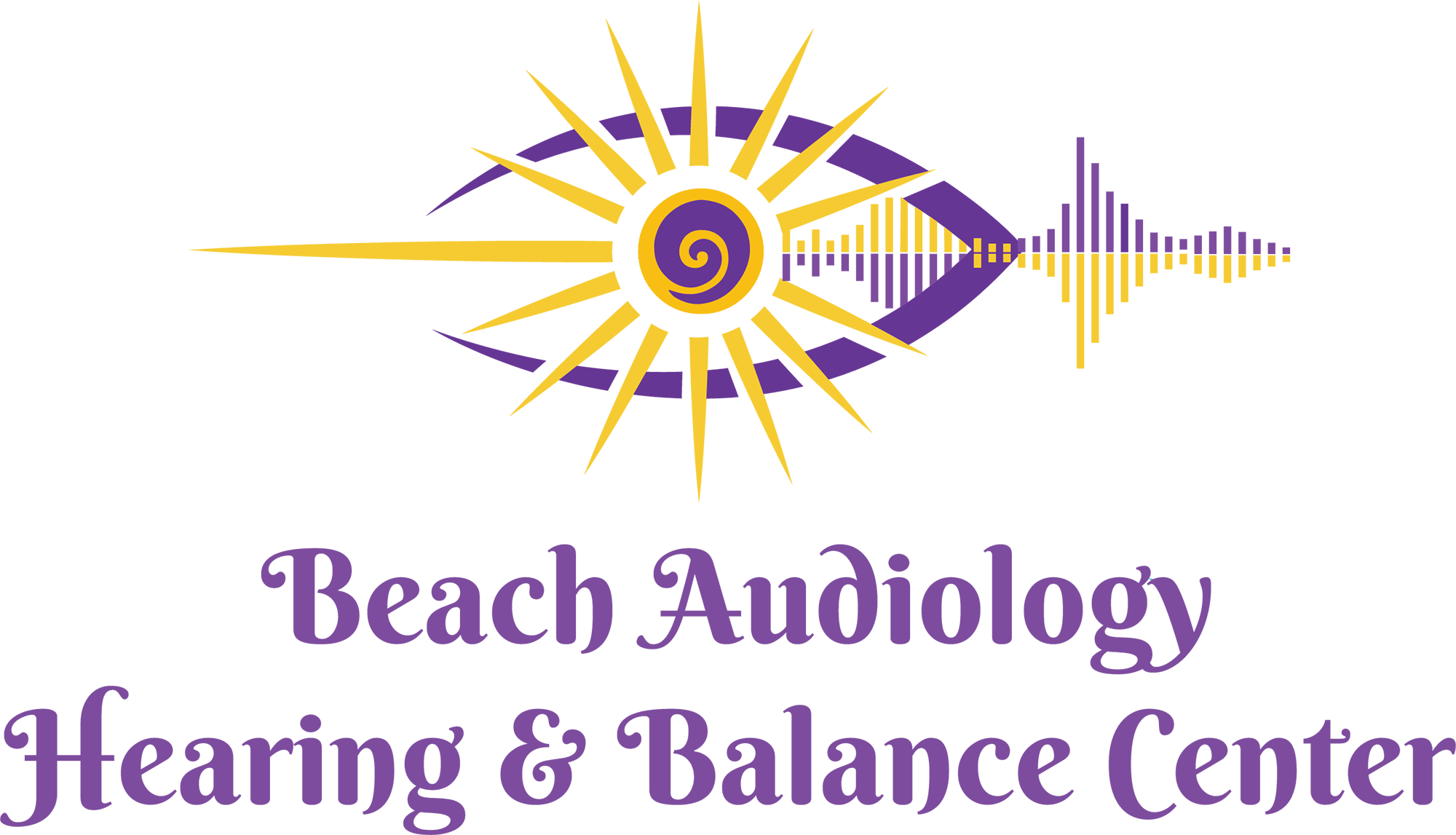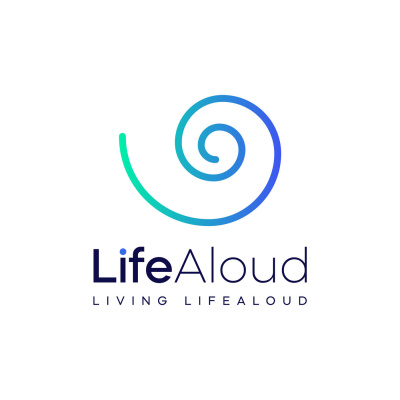Meet the Team
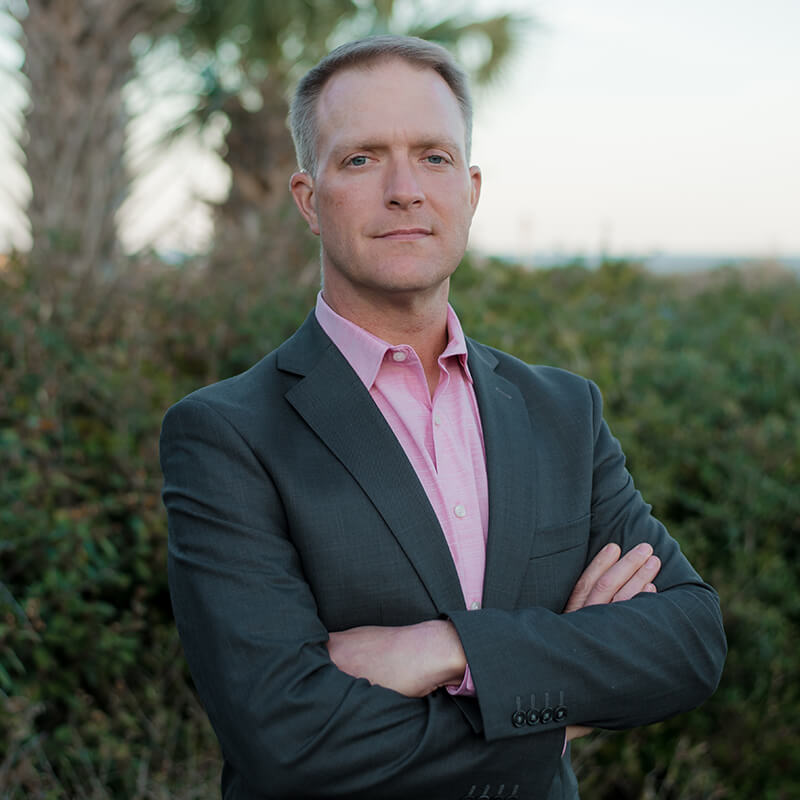
Jason Wigand, Au.D., CCC-A
Owner, Board Certified in Audiology
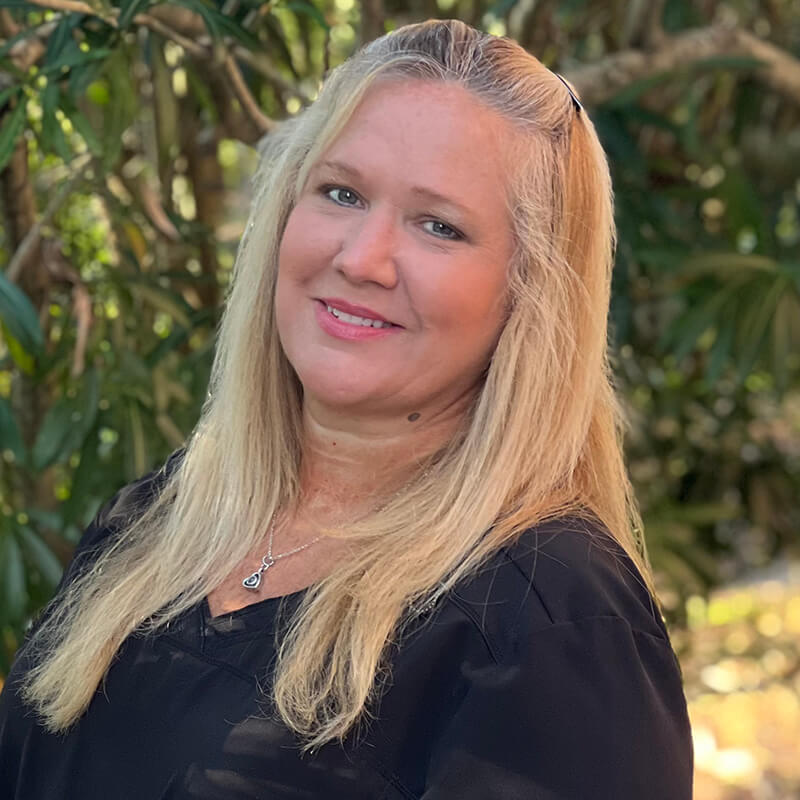
Michele Kocent
Hearing Instrument Specialist, HAS-0661
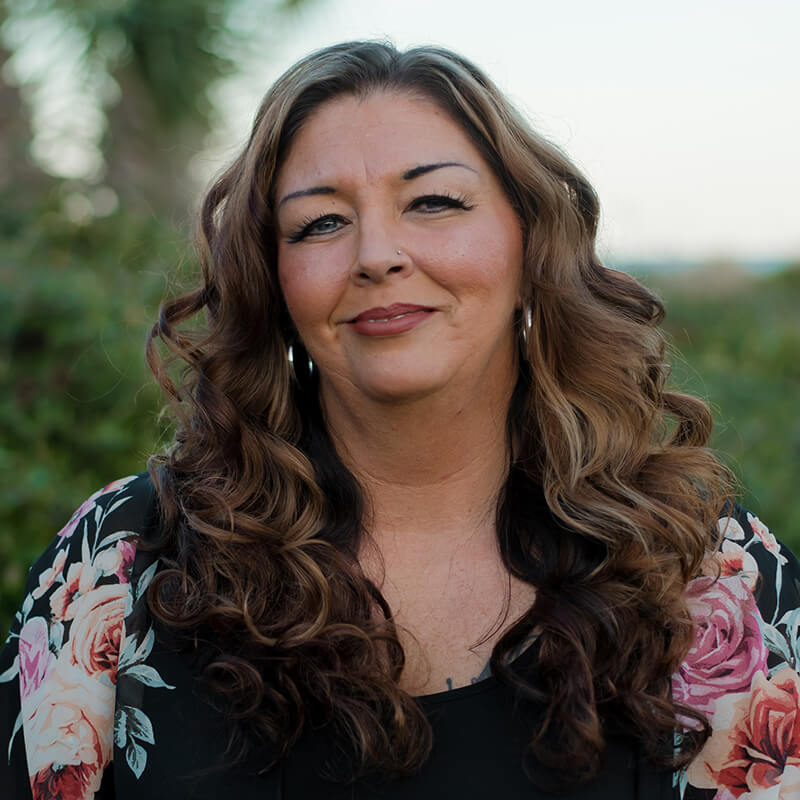
Kara Shores
Practice Administrator
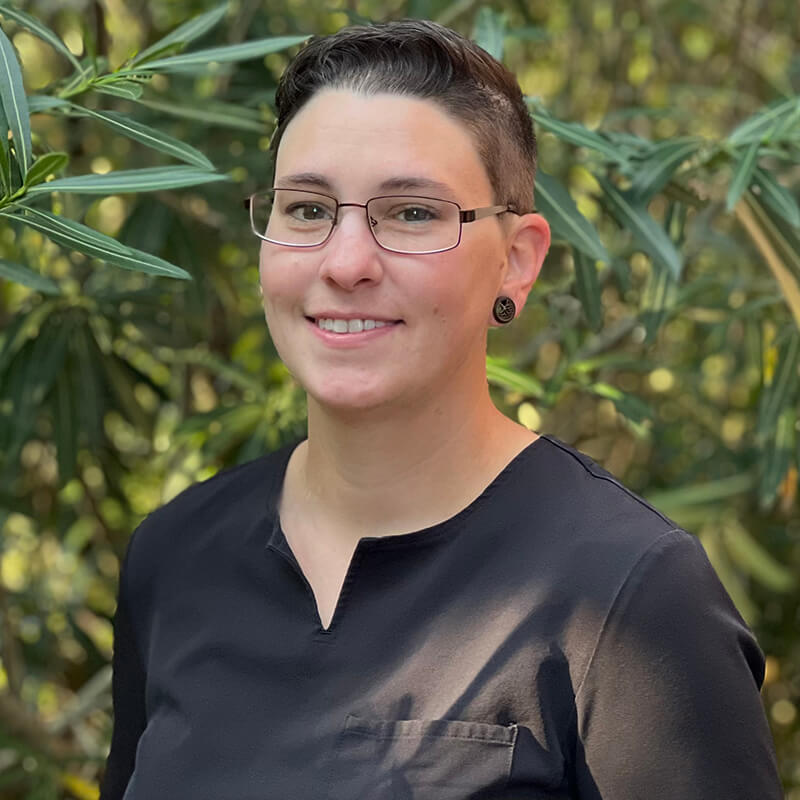
Heather Reamy
Patient Care Coordinator
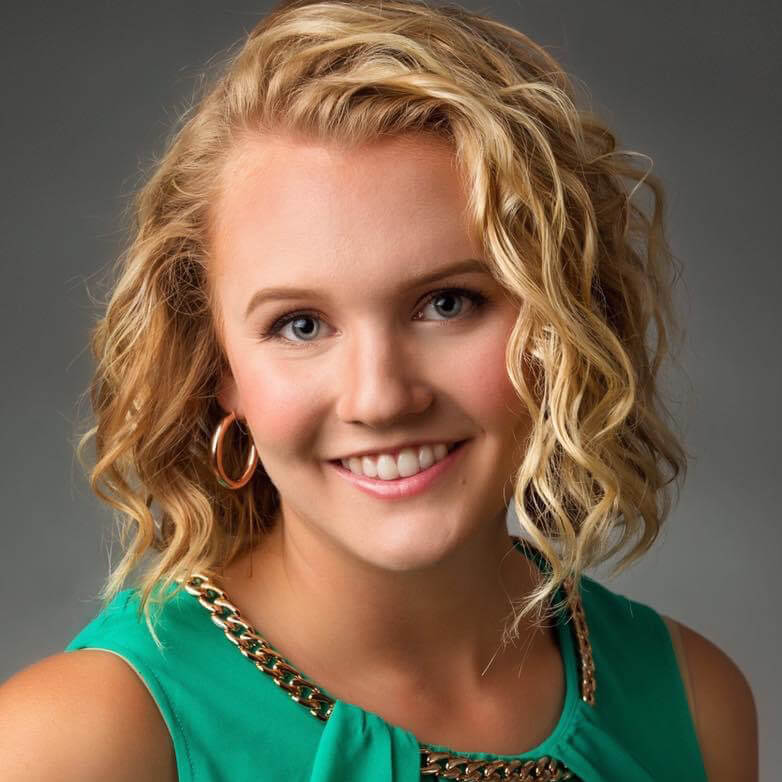
Nicole Shaw
Insurance Administrative Specialist
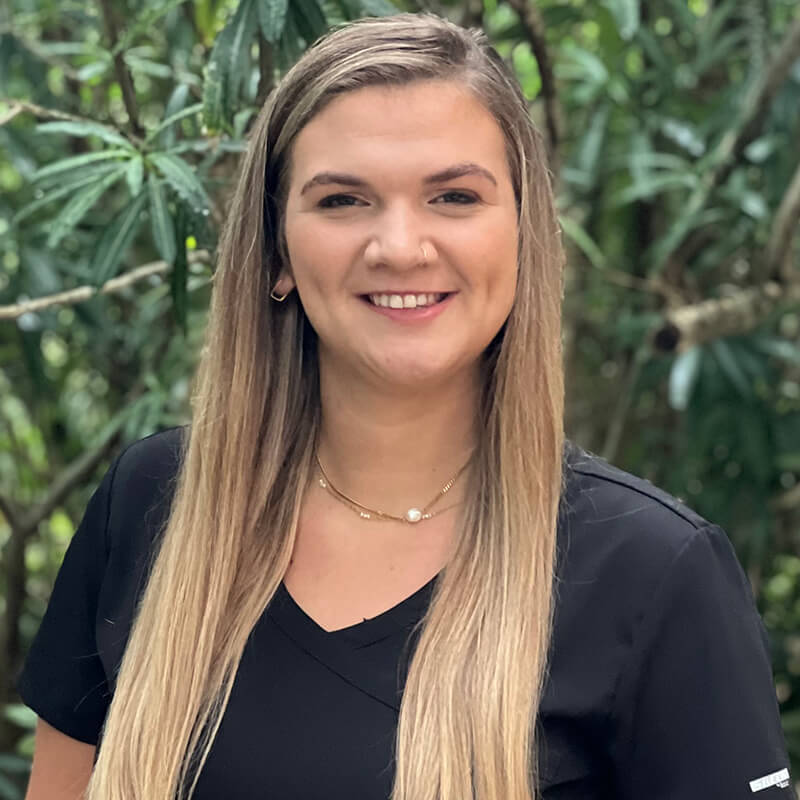
Victoria Price, B.S.
Audiology Extern
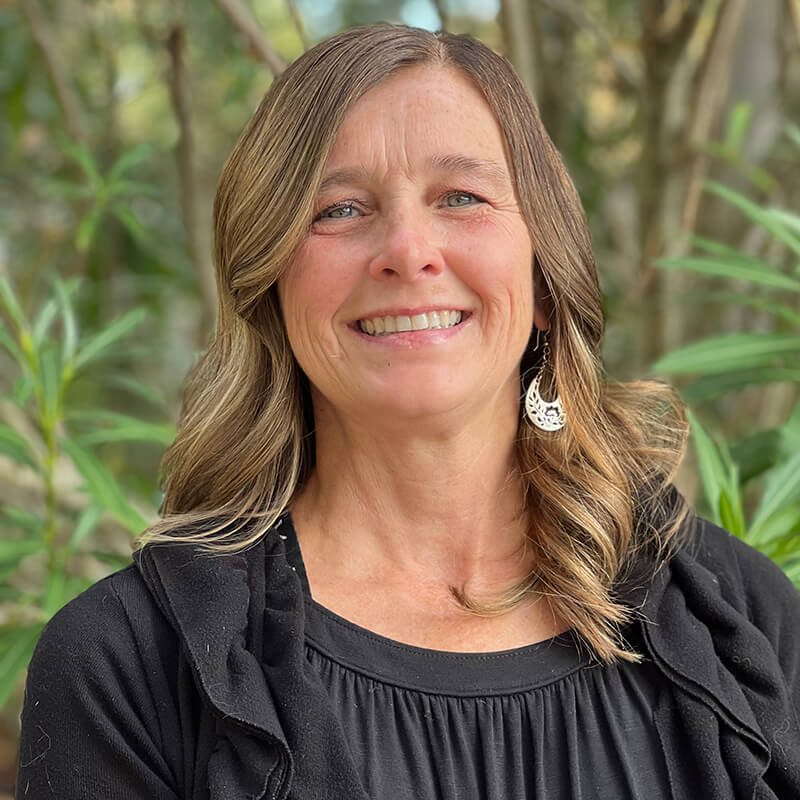
Leslie Armstrong, B.S.
Practice Liaison
Dr. Jason Wigand's Story
A Personal Journey
Dr. Wigand's personal journey with hearing loss began in 1994, during his sophomore year in college. He had aspirations of joining the Army ROTC, but a hearing test revealed moderate hearing loss due to an autoimmune disorder. Despite his musical background and seemingly normal social interactions, his hearing loss became a barrier to military service, leading to a medical discharge.
Read more about his inspiring journey and how it fueled a dedication to helping others overcome hearing challenges.
Your Hearing and Balance Health Matters!
Your inner ear health is critical to your overall well-being.
Don't wait any longer to address your needs and concerns. Rediscover a world of sound, self-confidence, and meaningful connections by scheduling your comprehensive evaluation with us today. We are here to support you on your journey to improved hearing, balance, and a better quality of life.
Call or text us to book your appointment, and let's start your path to better hearing and balance together. We look forward to serving you at Beach Audiology Hearing & Balance Center in Myrtle Beach, SC.
